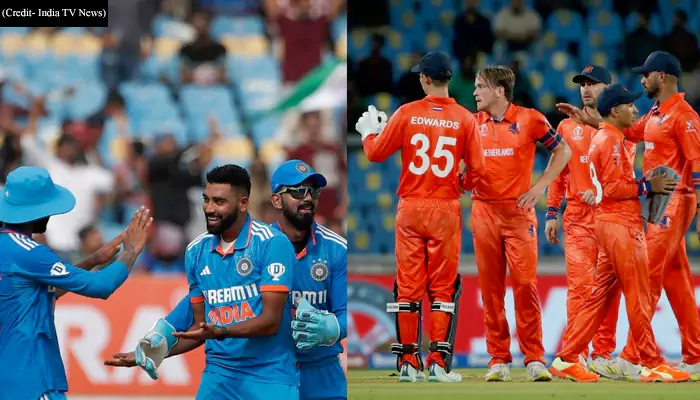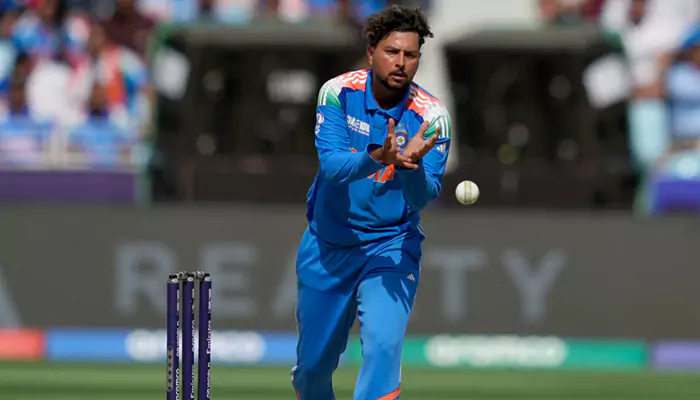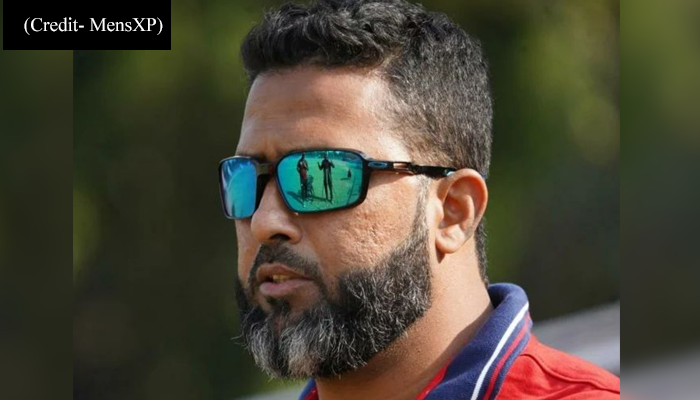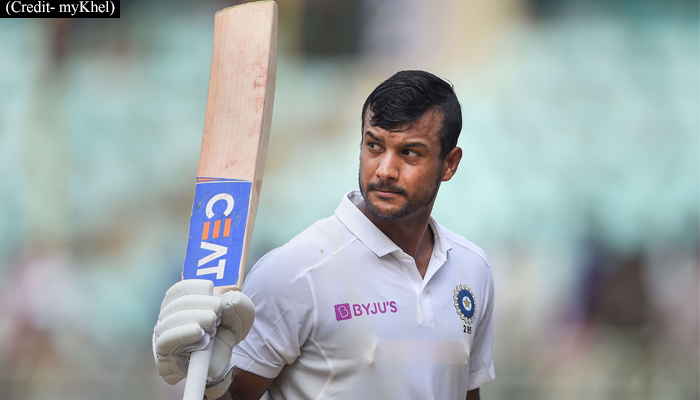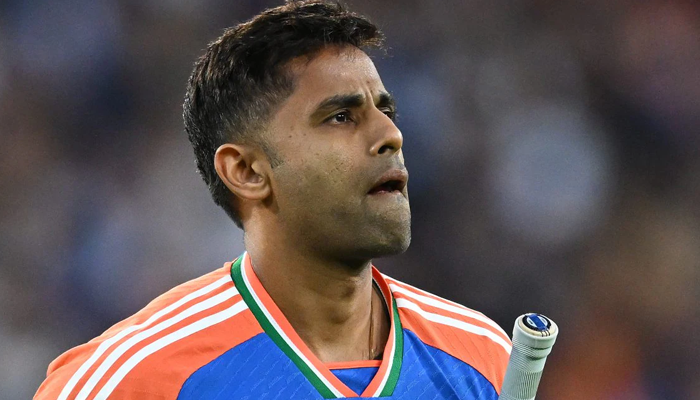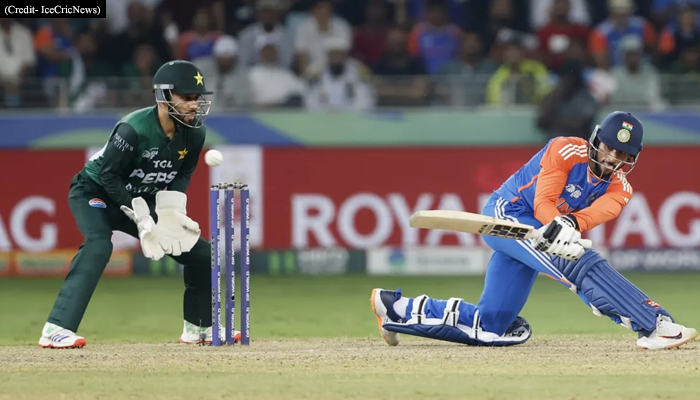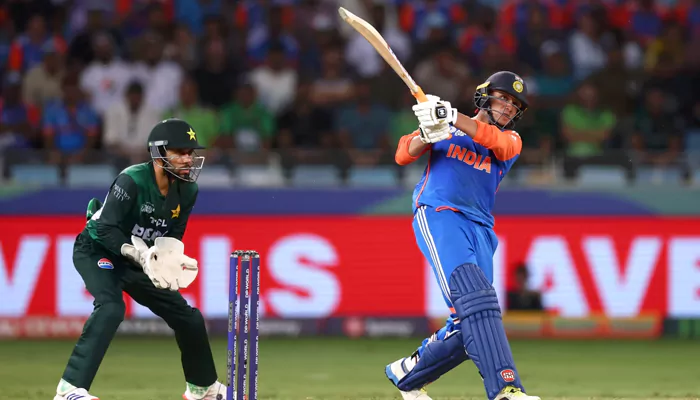
Unveiling the sweat, sacrifice, and science that shape footballing excellence
There are some of the best football players in the world in the International Football League (IFL). These players push the limits of their physical and mental abilities on the biggest stages. Behind the amazing performances athletes put on during games is a tough training schedule that helps them get ready.
1. Working out your body:
Physical fitness is an important part of an IFL player's training routine. A mix of cardiovascular workouts, strength training, and plyometrics can help you improve your endurance, speed, agility, and strength. Interval runs, shuttle sprints, and agility ladder work are all conditioning drills that improve cardiovascular fitness and explosiveness. Exercises that focus on strength training work on major muscle groups like the legs, core, and upper body. Combining weightlifting, resistance bands, and bodyweight workouts helps build muscle strength, stability, and resilience, all of which are important for playing football competitively.
2. Skill with technology:
A lot of time is spent in training lessons on positional exercises, drills, and small-sided games that help players improve their technical skills. Players practise over and over to build muscle memory and make their actions smooth, which lets them do things automatically when they're under pressure. Personalised training plans are made for each player based on their unique positional and skill needs, like getting better at dribbling, set-piece deliveries, or defensive positioning. Technical training is all about paying close attention to details and doing things over and over again as players try to get better at every part of their game.
3. Understanding of tactics:
Football is both a physical and mental game, and knowing how to play tactics is very important in the IFL League. The training events act out real-life games and tactical situations, giving players a chance to get used to their team's strategies, formations, and assigned duties. Coaches stress the importance of team shape, pushing triggers, and transition play, making sure that everyone on the team understands the tactical goals and game plans. Video analysis and tactical discussions help players learn even more about the strengths and flaws of their opponents.
4. Keeping injuries from happening and getting better:
Injury prevention and recovery are important parts of an athlete's training plan because they help them stay strong and healthy despite the risks and demands of their sport. Prehabilitation exercises, mobility drills, and corrective moves can help lower the risk of injury by fixing problems with muscle imbalances, flexibility, and movement. Medical and sports science experts work closely with coaches and athletes to keep an eye on workloads, spot injury risks, and take steps to avoid them. Modern technologies like GPS tracking, biomechanical analysis, and injury monitoring systems give us useful information about how athletes are doing and how injuries are happening.
5. Conditioning the mind:
You can't say enough about how important mental fitness is in football, and it's a big part of how athletes prepare for the IFL League. Sports psychologists help players build mental toughness, focus, and confidence. Mental exercises, visualisation methods, and goal-setting plans can help athletes use the mind's power to improve their performance and reach their best mental state on game day.
IFL League players show how dedicated, disciplined, and determined they need to be to play at the top level of the sport. From technical skill, knowledge of strategy, injury prevention, and mental fitness to physical conditioning, every part of an athlete's preparation is carefully planned to help them do their best and win on the world stage.

